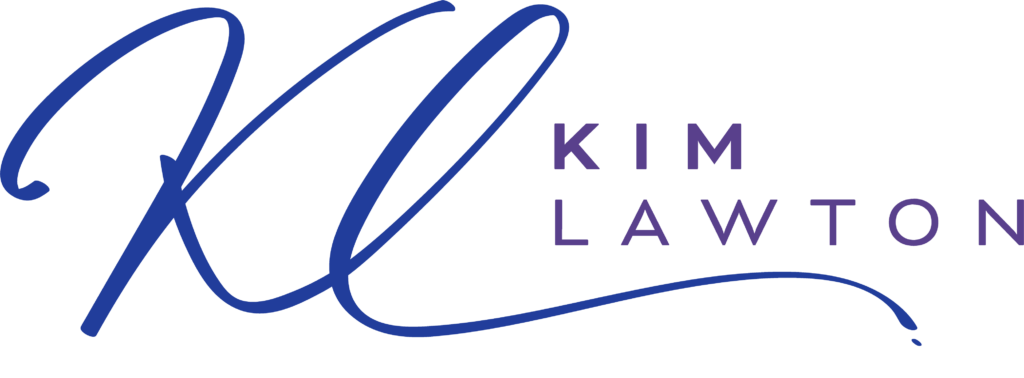Why is continuous learning important? Why is continuous learning vital for staying competitive in the ever-evolving marketing industry? How does continuous learning help marketers adapt to new trends, technologies, and consumer behaviors? What are the most effective ways for marketing professionals to prioritize continuous learning without disrupting their careers?
In today’s rapidly changing digital landscape, continuous learning is no longer optional for marketing professionals — it’s a necessity. With new platforms, evolving consumer behaviors, and advancements in artificial intelligence reshaping the industry, marketers must stay ahead of the curve to remain competitive. Strategies that were effective last year might already be outdated, making ongoing education critical to staying relevant, innovative, and successful in an industry that never stands still.
Beyond skill development, continuous learning fuels creativity, drives career growth, and enhances problem-solving abilities in a highly competitive market. Whether through online courses, industry events, or hands-on experimentation, marketers who embrace lifelong learning will gain a strategic edge over those who resist change. Investing in education is investing in long-term success — because in marketing, staying still means falling behind.
The marketing industry is incredibly fast-paced and constantly changing as new trends, best practices, and audience preferences emerge. Especially now in the digital age, marketing isn’t what it was five years ago or even last year. Your strategies that worked yesterday might be obsolete tomorrow. Similarly, the strategies you ditched years ago may come back into rotation.
This is why continuous learning is so essential to marketing operations. Committing to continuous education isn’t optional for marketers anymore; it’s become non-negotiable if you want to stay competitive, relevant, and innovative.
Whether you’re a seasoned marketing professional or brand new to the industry, ongoing education keeps your skills sharp and strategies fresh and ensures your campaigns are as effective as possible in the current landscape.
Let’s dive deeper into the benefits and necessity of continuous learning for marketers today.
Table of Contents:
The Everchanging Marketing Landscape
Learning as a Continuous Journey
Staying Competitive & Relevant in the Industry
Ways to Prioritize Ongoing Education
- Online Courses & Certifications
- Industry Conferences, Webinars & Events
- Follow Thought Leaders & Publications
- Learn by Experimenting
The Everchanging Marketing Landscape
Like most industries today, marketing is progressively shaped and impacted by technological advances and shifting consumer behaviors across the digital landscape. It often feels that as soon as you’ve caught up and mastered one strategy, tool, or platform, another appears to take its place.
Every year, new marketing trends emerge to shake up the industry. Some experts have already noticed marketing trends for 2025 taking shape, including a call from consumers for more personalization, the need to do more with less as marketing teams work with tighter budgets, and learning how to balance technology with genuine human experiences, just to name a few.
Consider these prominent shifts, for example, all of which have been dominating the industry in recent years:
- Evolving Consumer Behaviors: Nowadays, attention spans are shorter than ever, shopping is predominately online, and consumers expect at least some degree of personalization from each brand they interact with. As these consumer behaviors evolve, brands must be ready to meet them where they’re at.
- New Platforms: TikTok, Threads, Instagram Reels, etc. Social media is ever-changing, and brands must learn how to communicate effectively through new channels while still paying attention to their existing platforms.
- Technology & AI: Automation, data analysis, and AI-driven tools are becoming essential for brands worldwide. Even businesses that previously never leveraged technology have to start learning how to use these tools to stay efficient and relevant; otherwise, they risk falling behind and being forgotten by consumers.
The reality is that if you’re not actively learning and keeping a finger on the industry’s pulse, you’re likely falling behind the competition, and it can be extremely challenging to catch up again. The pace of change is often quick, and it requires marketers to be adaptable. The best way to do this? Prioritize education.
Learning as a Continuous Journey
Marketing isn’t a “one-and-done.” It’s not a profession where you can study, earn your degree, hang it up in a frame, and call it a day. The field is constantly growing and changing, which means you need to do the same. The best marketers are curious and committed to continuous learning, embracing education as a career necessity.
These are just a few reasons why ongoing education is so important:
- Builds & Refines Your Skillset
- Fuels Innovation & Creativity
- Expands Professional Opportunities
1. Builds & Refines Your Skillset
Marketing isn’t a static industry. It’s incredibly dynamic, so your skills and strategies should be, too. Whether you’re focused on content creation or data analytics, the skills required in the marketing field are frequently evolving. Keeping up with industry changes and learning about new strategies when they arise is the best way to ensure you’re always bringing valuable, updated insights to the table.
2. Fuels Innovation & Creativity
Learning environments foster innovation, creativity, and idea sharing by collaborating with peers, reviewing case studies, and researching various topics. Fresh thinking is essential in marketing, especially in the crowded digital marketplace where thousands of brands are constantly competing for audience attention. Learning about and applying new insights and techniques is a key skill for any successful marketing professional, and it also looks great on a resume when applying to new marketing roles.
3. Expands Professional Opportunities
Staying educated is also a great way to expand your professional opportunities. Whether you’re looking for a promotion, a new job, or want to explore the possibility of starting your own business, staying educated gives you an edge over competitors still relying on outdated knowledge and practices. This goes deeper than just adding a list of certifications to your resume. You’ll need the skills to back up your claims, and hiring managers and marketing teams will certainly be looking for candidates who can deliver.
Staying Competitive & Relevant in the Industry
Marketing is an inherently competitive field, and it’s made worse by the number of brands vying for audience attention across multiple digital platforms simultaneously. This is a lot for both the consumer and the marketers working behind the scenes.
When marketers stop learning, they become outdated and risk falling behind as new platforms and practices emerge. Think of marketing strategies of the past that we used to rely on wholeheartedly, such as keyword stuffing and one-size-fits-all email campaigns. They don’t work anymore; if anything, they’ve become counterproductive, and they can instantly date a business, making it appear less desirable and reliable.
Continuous learning is about more than just skill-building. It’s a deeply rooted commitment to bettering yourself and your performance to create campaigns and strategies that drive real impact.
Competitiveness and relevancy are critical elements for marketers seeking success in the crowded digital space. To stand out and stand the test of time, marketing professionals should:
- Keep Up with Trends: Digital innovations, from AI-driven content creation to voice search capabilities, are driving today’s marketing, making it increasingly tech-centric. Staying educated means staying ahead of trends and knowing what’s coming before it’s already in use.
- Master Data & Analytics: Modern marketing relies on data. Customer insights, tracking KPIs, creating targeted campaigns, and making data-driven decisions are all essential to standing out from the crowd.
- Adapt to New Consumer Expectations: Today’s customers want authentic, personalized interactions that engage them in new, interesting ways. Marketers must constantly learn to meet and exceed these expectations; otherwise, they risk their audience getting bored and losing interest.
Ways to Prioritize Ongoing Education
The idea of continuous learning can feel overwhelming. It doesn’t have to be, though. Ongoing education doesn’t require you to return to school full-time and work on homework assignments between your work days. Luckily, education is becoming more accessible than ever, and there are countless ways to prioritize learning new skills and keeping up with the industry while remaining fully engaged with your full-time career and day-to-day tasks.
- Online Courses & Certifications
- Industry Conferences, Webinars & Events
- Follow Thought Leaders & Publications
- Learn By Experimenting
1. Online Courses & Certifications
You no longer have to enroll in a traditional university or degree program to get the benefits of coursework and education. Several online courses and certification programs, including HubSpot Academy, Coursera, and LinkedIn Learning, are available. You could even take a relevant Masterclass hosted by an industry expert.
It doesn’t matter that these aren’t traditional two- or four-year degree programs. The coursework you’ll do and the education you’ll walk away with are just as valuable and applicable. You can find courses on everything from SEO best practices to refined digital strategies that are timely and relevant.
Courses are available at a variety of prices, time commitments, and skill levels. For example, Coursera indicates how long a course will take and whether it’s for beginners or more advanced students, so you can know what you’re getting into and what’s expected ahead of time.
2. Industry Conferences, Webinars & Events
Another great way to learn on the job is by attending industry conferences, webinars, and events. Not only are these great opportunities to learn from others in your field, but they also offer an incredible chance to network.
Several organizations are dedicated to hosting such events in the marketing industry. For example, networking events are a big part of our work at the Enthuse Foundation. We host both virtual and in-person opportunities to connect with other people in the industry to discuss challenges, share insights, and continuously learn from each other.
Genuine, real-life connections with others in the industry are instrumental to finding long-term success as a marketing professional. When we make time to sit down, talk, and connect with those working in the field with us, we can learn a lot from another person’s experiences, plus we can talk about them in real time and foster creative idea-sharing.
3. Follow Thought Leaders & Publications
Staying informed is an essential part of continuous learning. You can keep up with some of the best minds in marketing by following thought leaders and relevant blogs, LinkedIn profiles, newsletters, and podcasts. Several options are generalized to marketing as a whole, but you can also find more curated content and voices depending on your specific focus. Whether it be social media marketing, a particular platform, leveraging AI in campaigns, experiential marketing, or another focus area, there’s definitely an expert on the topic making content that may be exactly what you’re looking to learn from.
4. Learn by Experimenting
While there is certainly incredible value in enrolling in and completing a certification program or online course, sometimes the best education comes from hands-on experience.
Learning on the job, testing new strategies in real-time, running small-scale campaigns on the side, and analyzing results can often uncover more actionable insights about your specific campaign and strategies that you wouldn’t get from a standard education program.
Experimenting is one of the most accessible ways to test the waters and see what new techniques may positively impact your audience and overall marketing goals.
Conclusion
Marketing is one of those industries that demands your constant attention. It’s a dynamic, ever-evolving field that requires you to be adaptable, curious, and committed to continuous learning. The most successful marketers are tapped into the industry, and they know education is necessary to create impactful campaigns.
By prioritizing ongoing learning, you’ll stay competitive, relevant, and innovative in this fast-paced sector. This approach will help you navigate industry shifts with greater confidence, embrace new technologies easily, and continue to create results-driven marketing strategies that stand out.
The hard truth is that marketing is one of those industries where people and organizations who stop learning become obsolete. A lack of updated education leads to outdated strategies, missed opportunities, and an inability to rise to the occasion and meet the needs and expectations of today’s tech-savvy, attentive consumers.
Think of learning as an investment in your career and long-term success in the industry. For a sustainable, rewarding marketing career, don’t be afraid to ask questions, challenge the norm and old methods, and seek out new insights, especially if you think a better strategy exists. The marketers who are truly thriving aren’t afraid to experiment, make mistakes, and grow from their experiences.
Whether you opt for an online course or a certification program, subscribe to various thought leaders and commit to experimenting on the job, continuous learning will separate you from the competition. Remember, in marketing especially, staying still means staying behind. Education is your ticket to continuous growth and innovation.





